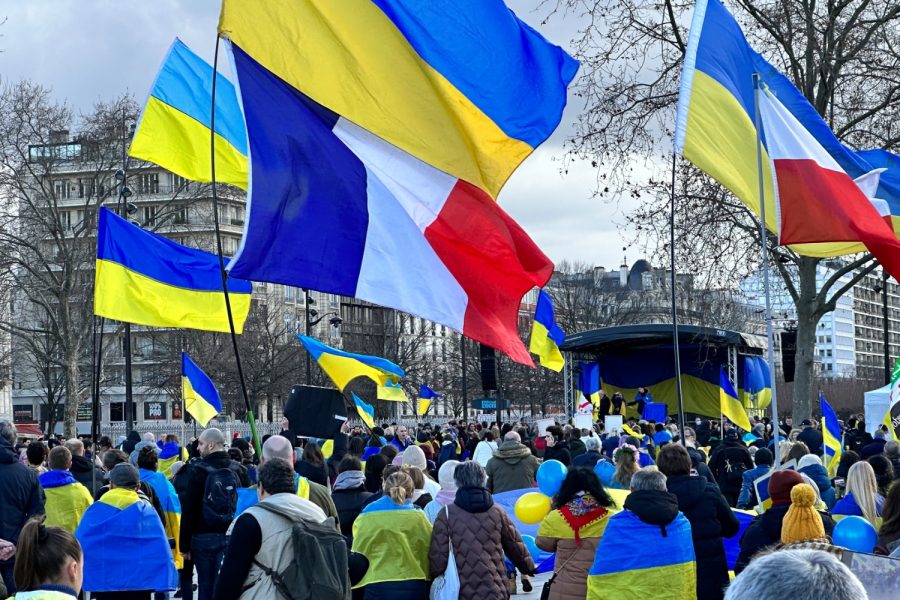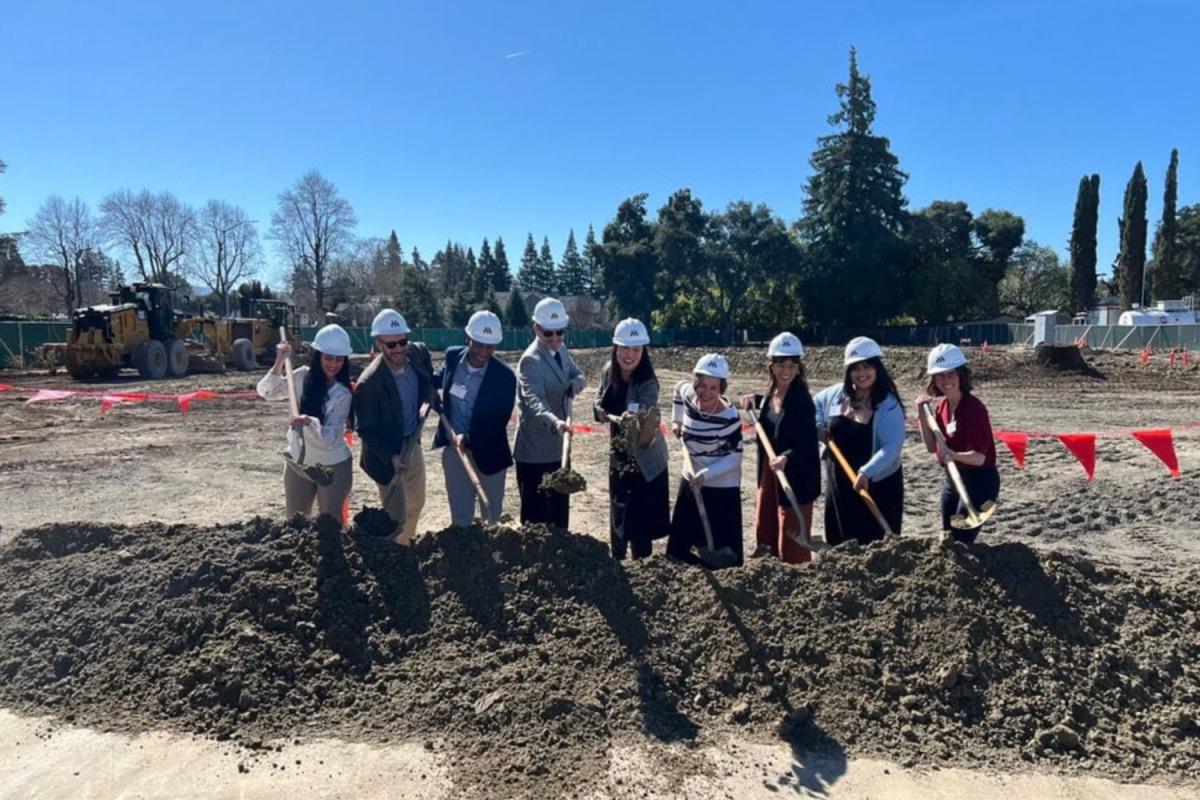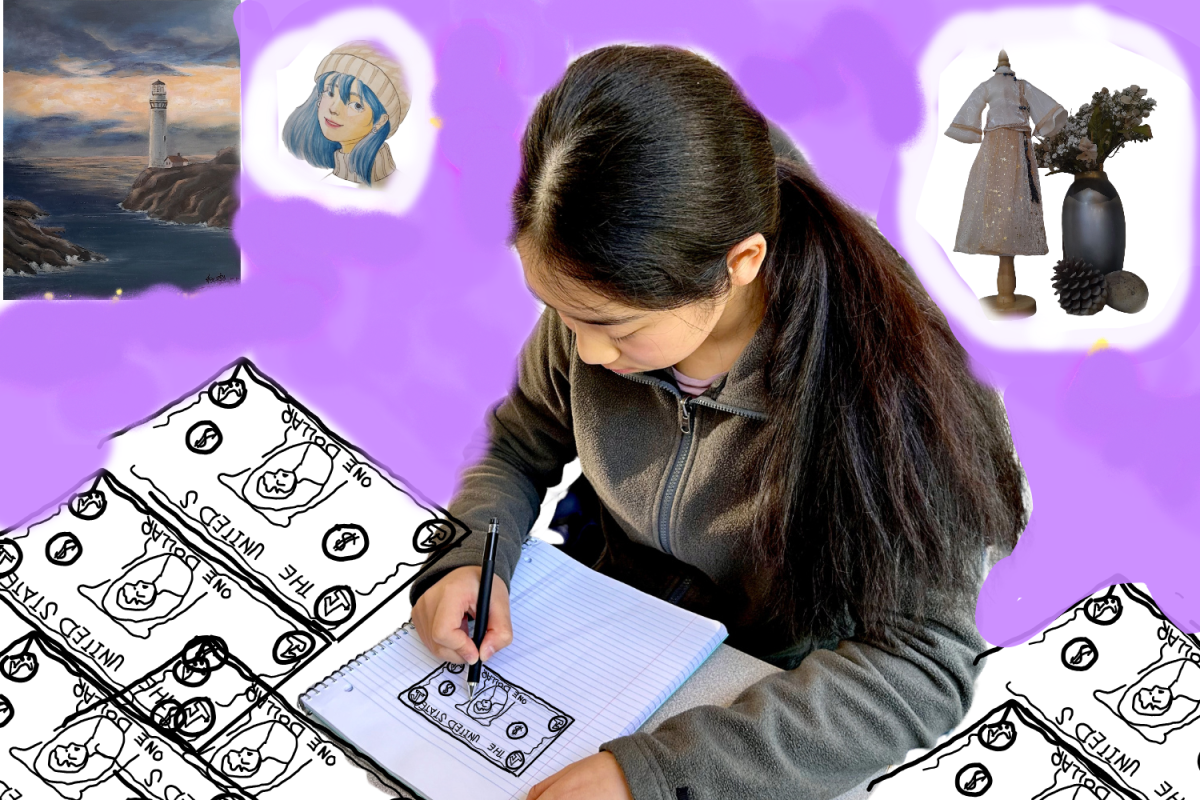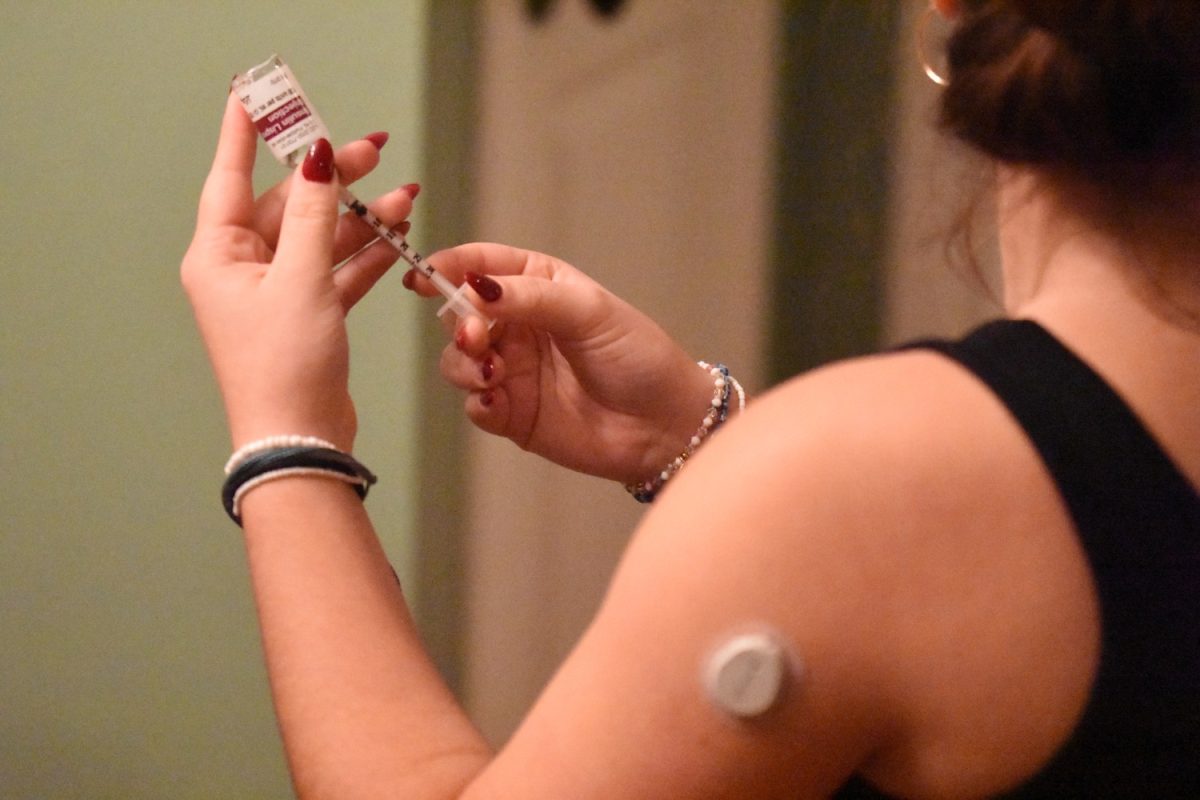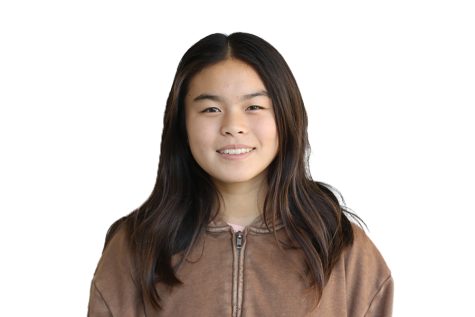One year of war.
Millions of refugees.
Hundreds of thousands drafted into armies.
Tens of thousands killed.
After a long history of conflict between Russia and Ukraine, starting from the Soviet Union breaking up in 1991 to Russia annexing Crimea in 2014, Russian President Vladimir Putin recognized the independence of Donetsk and Luhansk, two rebel territories that border Russia, on Feb. 21, 2022.
Three days later, Russia invaded Ukraine, intending to overthrow Ukrainian President Volodymyr Zelensky’s government, changing the lives of millions.
“I was horrified. I was lost. I didn’t know what to do, how I could help,” said Ievgeniia Zlotar, a Ukrainian living in California.
Zlotar is part of the Ukrainian National Women’s League of America (UNWLA), an organization that provides humanitarian assistance to Ukrainians.
The attacks started in Kyiv and Kharkiv, the two largest cities in Ukraine, and continued in more cities, including Mariupol, Kramatorsk, and the territories of Donetsk and Luhansk. Russia mobilized hundreds of thousands of men to fight in the war.
Kristina Trotsiuk, a senior at Vista Del Lago High School, grew up in Irkutsk, Russia. She has family in Ukraine and Russia, but because of her family’s disapproval of the Russian government, she moved to the Sacramento area in 2019. Her uncle in Russia was drafted into the war.
“They don’t feed the soldiers, and a lot of people are trying to break their arms, legs, or something else in order to escape,” Trotsiuk said.
As the war continued, Russia annexed the territories of Kherson and Zaporizhzhia, and Ukraine responded by launching counteroffensives. Explosions, air strikes, and fighting destroyed many cities.
“I have a few friends in Ukraine from Mariupol. They left the country a few days before the war started, but now, their city is completely destroyed. They don’t have homes,” said Iryna Anpilogova, another member of the UNWLA.
Anpilogova’s friends fled to other European countries, such as Romania and Spain, while Trotsiuk’s family in Ukraine fled to Poland. There are over 8 million Ukrainian refugees in Europe, including Russian men who left Russia to avoid conscription, creating a refugee crisis.
“Lot’s of people came to the States as refugees. We’re just trying to take care of the community that’s still forming here,” Zlotar said.
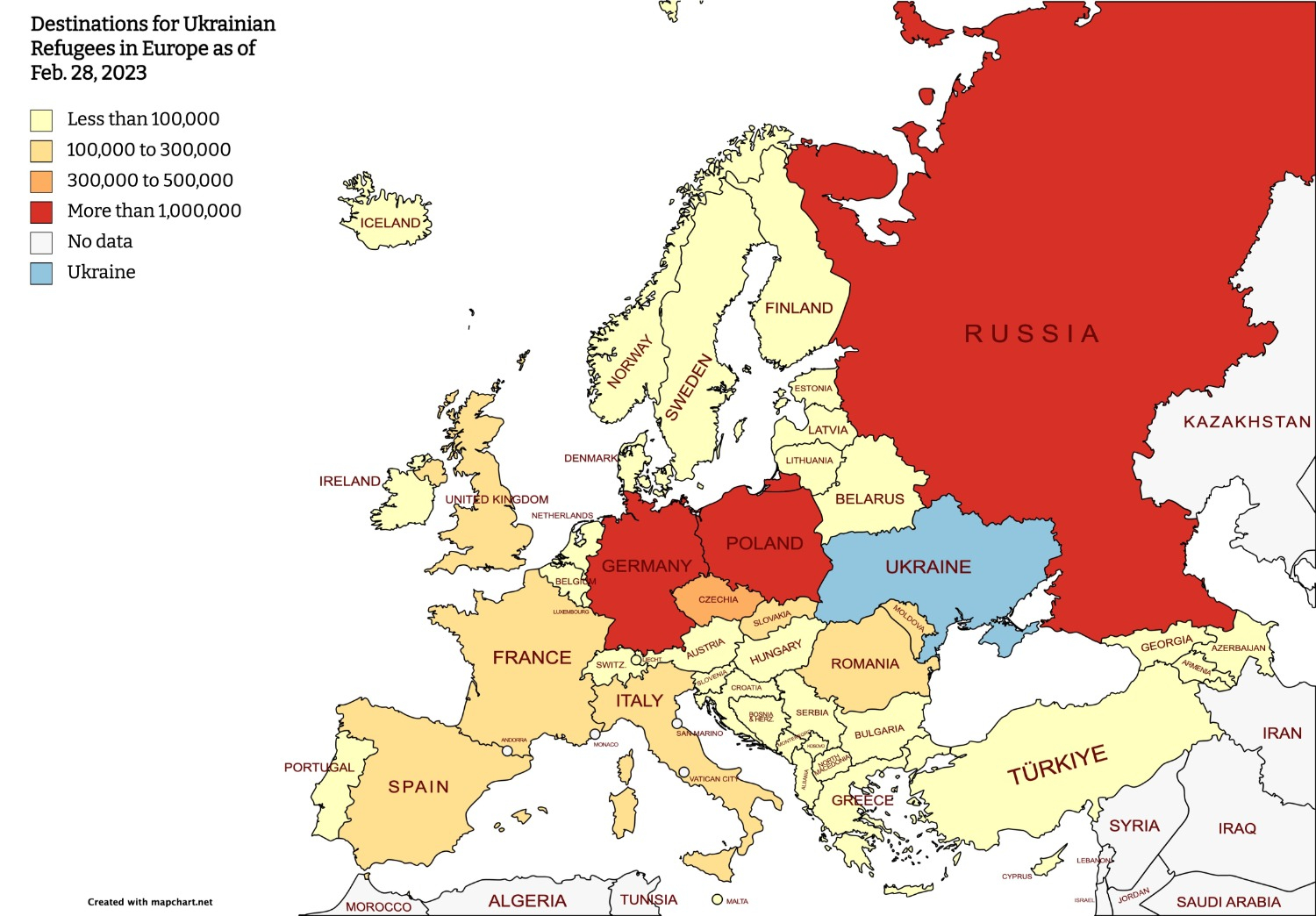
The war has also had global effects in other areas.
Because Russia and Ukraine both export wheat, barley, corn, and cooking oil, with Russia also exporting petroleum and fertilizer, supply disruptions from the war have caused shortages and driven up prices of commodities like gas.
Additionally, Russia’s nuclear weapons caused countries like the United States to send billions of dollars of military equipment to aid Ukraine.
Estimates indicate at least 180,000 casualties of Russian troops and 100,000 Ukrainian casualties, and the United Nations recorded over 18,000 civilian casualties in Ukraine.
A year after the first invasion, people worldwide reflect on how war has changed lives.
Major cities held events to commemorate the anniversary, like protests, widespread moments of silence, vigils, and prayers.
Locally, the UNWLA held a Taize Prayer for Peace at Stanford University’s Memorial Church on Feb. 28.
“We gathered together to show our support for our country, our people, and those who are suffering during this war to commemorate this sad anniversary,” Zlotar said.
Many Ukrainians have spent this past year in new situations, separated from their homelands.
“Nearly all of us have been somewhere outside of Ukraine, but we all have families and friends back in Ukraine, and it was very traumatizing in the way that you can’t do anything directly to ease what’s happening back in your country,” Zlotar said.
Despite difficulties and distance, Zlotar and Anpilogova still try to be emotionally there for their friends and family.
“I’m grateful for people who help them, but I have no idea how to overcome this stress and how to help them,” Anpilogova said.
The war has also interfered with friendships, as people have different views on the war.
“I had some Russian friends, and I didn’t know their clear position about it, and so I also lost some friends due to our different views on what’s happening,” Zlotar said.
Different views exist within a family as well.
“My mom grew up in Ukraine and my dad grew up in Russia, so my mom has been really stressed seeing her home being destroyed. Even my dad is worried, and he doesn’t support Russia and the conflict, but all my extended family in Russia are for the war,” said Jacob Rybkin, a Carlmont sophomore.
While some Russians support the war, others are against it.
“A lot of my friends that are still in Russia are against the war but cannot say anything because it can cause a lot of trouble for their families,” Trotsiuk said.
Today, Russian missile attacks and Ukrainian counteroffensive operations continue, and Moldova also faces the risk of attack.
“For the future, I hope that the war will stop, and Russia and Ukraine will be at peace,” Trotsiuk said.

